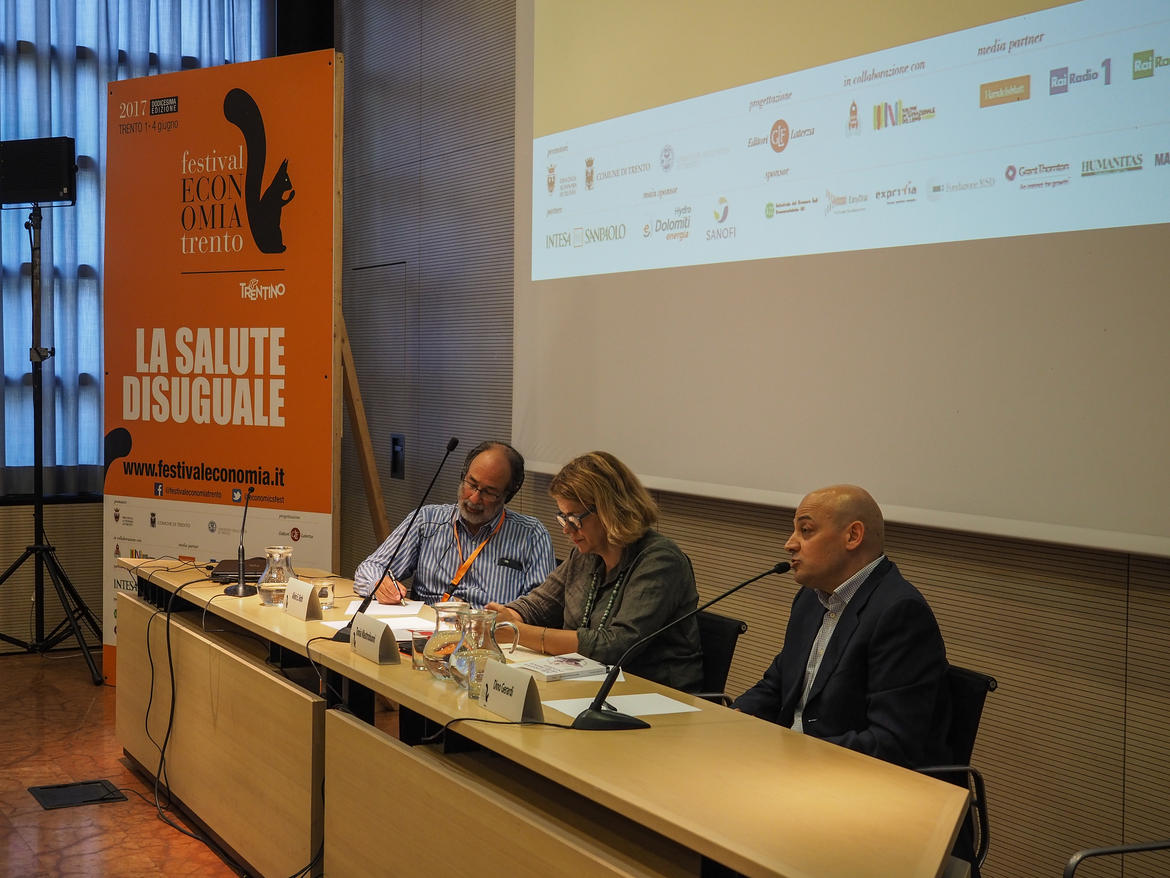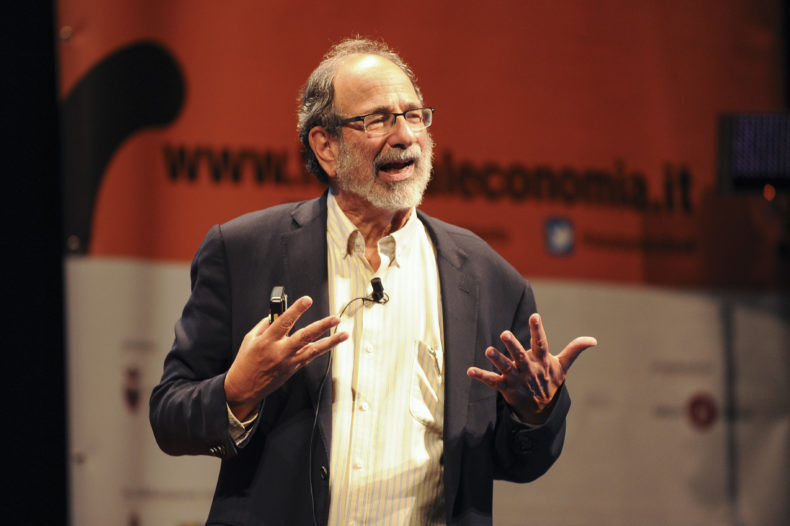But no word on how they propose to manage the transition from executed prisoners to developing a voluntary source of donated organs for transplant.
China has promised to stop harvesting organs from executed prisoners by 1 January, state media report.
It has said for many years that it will end the controversial practice. It previously promised to do so by November last year.
Death row inmates have long served as a key source for transplants.
China has been criticised for taking their organs without consent, but has struggled to encourage voluntary donations due to cultural concerns.
Prisoners used to account for two-thirds of transplant organs, based on previous estimates from state media.
For years, China denied that it used organs from executed prisoners and only admitted to the practice a few years ago.
The Chinese authorities put more prisoners to death every year than the rest of the world combined - an estimated 2,400 people in 2013 - according to the San Francisco-based prisoners' rights organisation, Dui Hua.
'Fair, just and transparent'
State media reported on Thursday that the head of the country's organ donation committee Huang Jiefu said that by 1 January 2015, only voluntarily donated organs from civilians can be used in transplants.
So far 38 organ transplant centres around the country, including those in Beijing, Guangdong and Zhejiang, have already stopped using prisoners' organs, according to reports.
Dr Huang, who was addressing a seminar, said that every year about 300,000 people in China need transplanted organs, but only 10,000 operations are carried out.
Analysis: Celia Hatton, BBC News, Beijing
It's taken years for the Chinese authorities to end their own practice of harvesting organs from executed prisoners.
In 2006, Dr Huang admitted China must reduce its reliance on prisoners' organs. He repeated that again in 2009, when announcing the establishment of a national organ donation network. And finally, in 2012, Dr Huang surfaced in Chinese state media once more with a promise to end all prisoners' donations within a few years.
Why did it take so long? Thousands of people are on China's transplant waiting list in desperate need of organs, with no clear solution in sight. Attempts to address the need, by encouraging public organ donations, have faltered.
But many in China believe that bodies should remain intact after death. China's also home to a thriving illegal trade in body parts, making would-be donors nervous they will contribute to a wider problem.
A 2012 poll conducted in the southern city of Guangzhou revealed that 79% of respondents believed organ donation was "noble". However, 81% were concerned the donations "inevitably feed the organ trade."
Clearly, Chinese health officials have a lot of work to do to change public perceptions.
With a donation rate of only 0.6 per 1 million people, China has one of the world's lowest levels of organ donation. Dr Huang compared it to Spain, which has a rate of 37 per 1 million.
"Besides traditional beliefs, one of the major roadblocks to the development of our organ donation industry is that people are concerned that organ donation will be fair, just and transparent," he was quoted as saying.
Dr Huang, who used to be the vice minister for health, had last year pledged to phase out prisoner organ transplants by the end of 2013.
Amnesty International's William Nee told the BBC that halting prisoner organ transplants would be "a positive step forward in China's human rights record", although some challenges remain.
"It will be worth seeing not only how effective a new voluntary organ donation system is, but it will also be crucial that the government becomes fully transparent about the number of people sentenced to death, the number of executions per year, and how the executions are carried out," he said.







